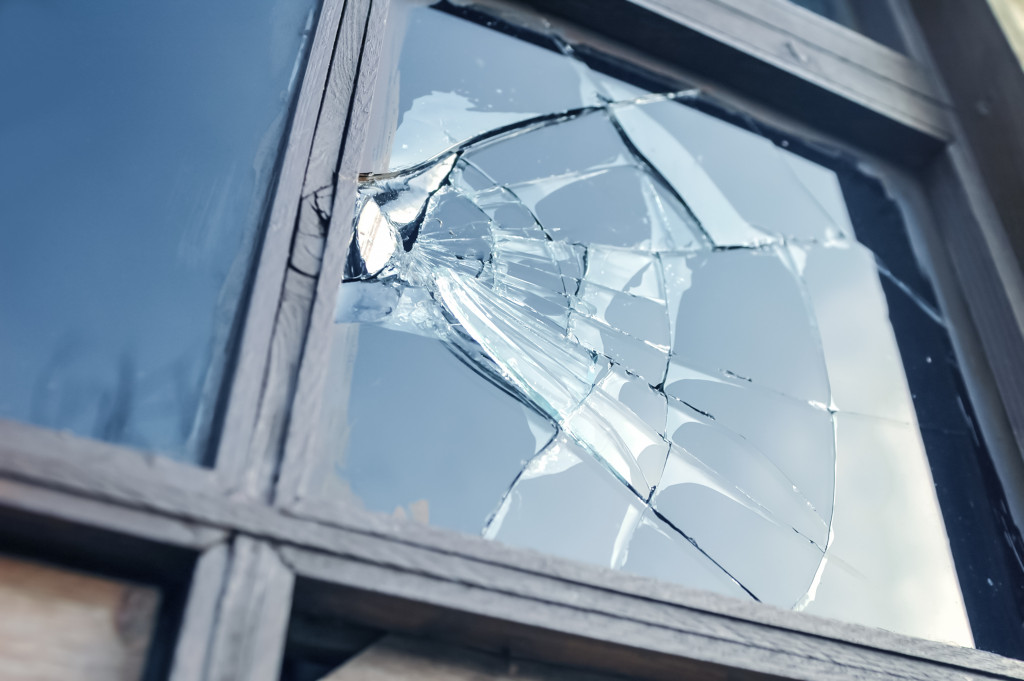As a small business owner, you know that many things can go wrong anytime. You work hard to prepare for the worst, but sometimes even the best preparation can’t prevent accidents from happening. That’s why it’s essential to have a plan for what to do in case of property damage.
Be insured
Before anything else, ensure you have the right business insurance policy. It should cover property damage from natural disasters, accidents, and third-party negligence claims.
When choosing the right insurance policy for your small business, it’s essential to do your research. Compare quotes from different providers and ensure you have the coverage you need to protect your business in case of an accident or natural disaster.
Some things to consider when choosing a policy include the following:
- The size of your business
- The type of business you own
- The risk of property damage
- The amount of coverage you need
Have a plan
It would help if you created a business continuity plan. Have a strategy to ensure your business can continue operations even after a disaster or significant property damage. This is essential for any business to survive and thrive.
Your plan should include the following:
- An emergency response plan
- A damage assessment procedure
- Estimated replacement cost for damaged property
- Disaster recovery measures
- Emergency contact list of essential personnel
- Preventative measures such as regular maintenance, inspections, and upgrades to reduce the risk of property damage
When creating a business continuity plan, there are a few things you should keep in mind:
- Make sure your employees are aware of the plan and know their roles in an emergency.
- Have a backup of your essential data and documents.
- Ensure you have access to the necessary supplies and equipment in an emergency.
- Review your plan regularly and update it as needed.
Assess the damage
Now that you’re insured and have planned, the first step is to assess the damage and determine whether it is something you can repair or require replacement. If it is repairable, get estimates from reputable contractors. If it is not, begin filing an insurance claim.
There are a few things you should keep in mind when assessing the damage:
- Make a list of all damaged property.
- Include photos of the damage, and make sure to document the date and time of each image.
- Get estimates for the cost of repairing the damage.
- Include receipts for any supplies or equipment you purchased to repair the damage.
- Submit all of this information to your insurance company.
Start clean-up
Next, start the clean-up process. This will vary depending on the type of damage, but it is crucial to get started as soon as possible. The sooner you can get your business back up and running, the better. It would help if you took all necessary safety precautions when dealing with hazardous materials or chemicals.
Additionally, it is essential to document the clean-up process. Take photos and record a detailed account of everything done, so you can prove it to your insurance company if needed. This will also make it easier to look back and see what worked and what could be improved for the future.
Finally, it would help to protect your business from future property damage once the clean-up is finished. Replace damaged equipment and supplies, upgrade outdated systems, and regularly inspect to ensure everything is in working order. This will help reduce the chances of a similar incident occurring in the future.
Train your employees

Training your employees on dealing with property damage is also essential. This includes learning to assess the damage, submit insurance claims, and start the clean-up process. Ensure they understand their roles in an emergency and have access to all the tools they need to handle a crisis properly.
- Conduct a training session for your employees on properly dealing with property damage.
- Ensure they understand their roles in an emergency and give them access to all the tools they need to handle a crisis properly.
- Review the clean-up process and ensure everyone knows what needs to be done.
- Train your employees on properly assessing the damage and submitting an insurance claim.
Stay updated
Finally, stay up to date on changes in the insurance industry. Ensure you understand all the details of your coverage and what type of incidents it covers. This will help give you peace of mind that you are covered if something happens to your property.
There are a few ways you can stay up to date on changes in the insurance industry:
- Subscribe to insurance-related newsletters and magazines.
- Attend insurance conferences and trade shows.
- Follow relevant insurance companies on social media.
- Visit insurance-related websites regularly.
Property damage is always a possibility when you own a small business. By being prepared and knowing what to do ahead of time, you can minimize the disruption to your company and get back up and running as quickly as possible.




